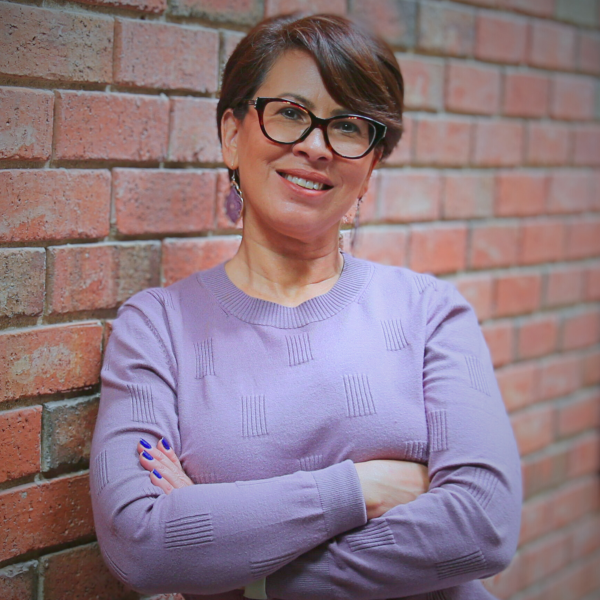
When Life Doesn’t Go as Planned
My granddaughter had been eagerly anticipating Grandparents Day. She had the whole event mapped out in her little mind, coloring sheets, songs, games, and, of course, her big performance.
When we arrived, she was excited, proudly leading us through every activity. But the highlight, she said, would be her moment on stage. She’d been practicing for weeks and couldn’t wait to shine.
When the program ended and her class was never called up, her joy turned into tears. Her teacher gently explained that the songs were actually for November’s program. She had built up an expectation that simply wasn’t meant for today, and disappointment followed.
I know that feeling all too well.
Disappointment has a way of sneaking up on us, doesn’t it? It’s not just about plans falling through or moments not going as expected, it’s about the gap between what we imagined is supposed to happen and what actually happened.
When my father passed unexpectedly, I was blindsided. For years, my mother had been the one battling cancer, and I had quietly prepared myself for her eventual passing. I had built an expectation, not of hope, but of sequence. I thought I knew how this chapter would play out.
But it didn’t. Instead, it was my father who left first. Suddenly, the shared caregiving I had done alongside him became mine alone. I wasn’t just grieving him; I was grieving the certainty I thought I had about what life would look like. The plan was gone. The rhythm was broken. And disappointment came with a new face, anger, confusion, fear, exhaustion.
Disappointment isn’t just sadness, it’s the mind trying to make sense of a new reality. It’s when your heart says, “This isn’t how it was supposed to go.”
We often treat disappointment as something to “get over.” I know I have. But in truth, it’s more like an internal reset. It disrupts and shakes the assumptions we quietly live by. It exposes/confronts what we’ve been depending on in timing, outcomes, or our ability to stay in control.
There are days when I move forward with strength and focus, finding new ways to manage the care my mother needs. And then there are days when the weight feels unbearable. When I ache for what was, the teamwork, the small relief of knowing I wasn’t doing this alone.
And yet, even in those moments, I’ve learned that disappointment can become an invitation, to shift perspective, not erase pain.
Learning to Pivot
Like my granddaughter, we all have moments where our “performance day” doesn’t arrive when we expected. We cry, we question, we recalibrate. And that’s okay.
It’s not easy. Shifting mindset doesn’t mean pretending it doesn’t hurt, it means choosing to see differently within the hurt.
When we face disappointment, we can:
- Acknowledge it honestly, name what was lost, what feels unfair, what still aches.
- Grieve without guilt, it’s not a weakness to mourn what might have been.
- Reflect and reframe, ask, “What might this reveal about where I placed my hope?”
- Pivot with purpose, small steps, one decision at a time, trusting that forward motion matters even when clarity hasn’t come.
Disappointment, if you pay attention closely, can also whisper hope. It’s the reminder that even when life doesn’t unfold on our terms, it’s still unfolding. That even when we lose what we expected, there’s something to be gained.
People often ask me, “How are you doing?” or “How do you keep going?” The best way I can explain it is through a story that has carried me through seasons of grief, disappointment, and uncertainty, the story of the Israelites in the desert.
They left Egypt full of hope, expecting freedom to feel like abundance. Instead, they found themselves in a barren place, hungry, afraid, and unsure of what would come next. Yet, in their need, God provided manna each day. Not enough for the week or the month ahead, but just enough for that day.
I’ve learned the same is true for us. Like the Israelites, we can’t store tomorrow’s grace today. We receive it fresh each morning, often only enough for the moment we’re in, but always enough to keep going.
That’s what disappointment has taught me: when expectations collapse, grace still arrives, sometimes quietly, sometimes just enough, but always on time.
So maybe the invitation isn’t to avoid disappointment, but to learn how to live inside it, steadily trusting that what we need will come, one day at a time.
